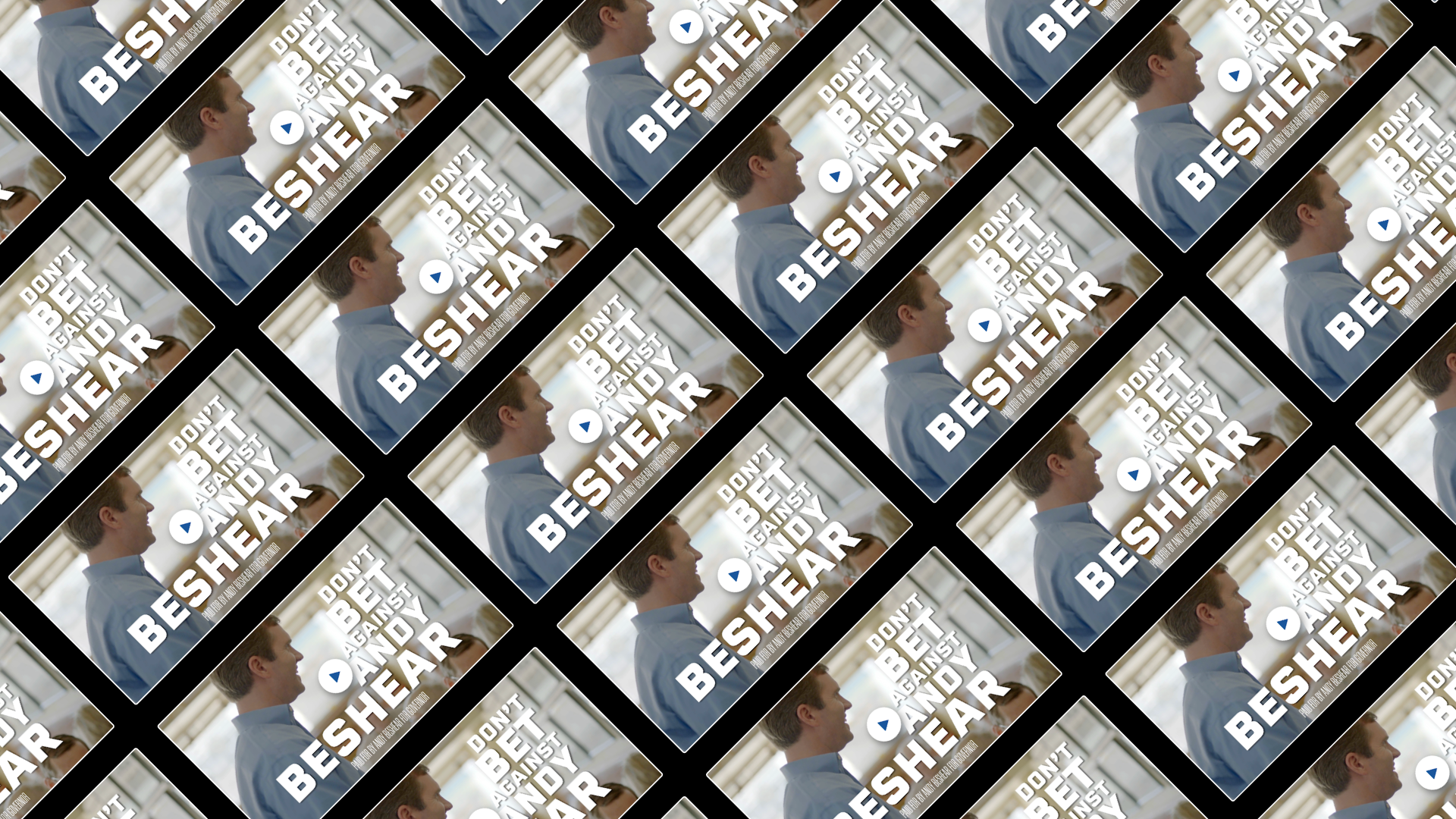
Governor Andy Beshear Leverages IQM’s Data & Targeting Capabilities to Win Hotly-Contested Second Term
March 21, 2024 | 4 min read
In 2023, Democratic Governor Andy Beshear was running for a second term in Kentucky. To stave off a Republican challenger in a red state, Gov. Beshear needed to break through with swing voters on legislative accomplishments on issues including choice, sports betting, and critical infrastructure work.
Reaching the right constituents meant highly targeted and precise audiences so the campaign did not waste dollars talking to voters who had already made up their minds in favor of Beshear’s opponent. The agency, GPS Impact, had determined key constituents from the voter file, but needed a partner to help them leverage those lists in digital media activation.
Governor Beshear won his second term in office with about 52% of the votes. Notably, he won reelection in spite of higher Republican voter turnout.
52%
Governor Beshear won his second term in office
GPS Impact and IQM worked together to deliver a highly targeted programmatic campaign by segmenting audiences to reach only voters who were likely to be swayed by issues in his platform. Two IQM capabilities were instrumental in identifying and reaching these constituents: Geo-Farming and First-Party Data Matching.
Geo-Farming
GPS Impact created Geo-Farmed audiences to engage with location-specific voters on the following topics:
- Legalization of online sports betting – created based on visitation to casinos in bordering states
- Brent Spence Bridge repair – made up of Kentuckians who regularly cross the bridge
IQM’s custom geo-farming capability allows advertisers to create audiences based on physical visitation patterns and reach them across the open web.
1PD Matching
GPS Impact created two matched data segments from the voter file:
- Choice Persuasion – Likely to be swayed to vote pro-choice, regardless of party affiliation
- Mobilization – Lower propensity voters with high support scores, built to encourage voter turnout
IQM’s data matching allows advertisers to upload their first-party data, match and anonymize it, turning their lists into a targetable segment in a matter of hours.
By carefully aligning messaging to relevant audience segments, the Beshear campaign was able to sway on-the-fence voters and encourage voter turnout, resulting in a Democratic reelection in an historically red state. According to Louisville Public Media, election statistics showed that Republicans turned out to vote in higher numbers than Democrats, a strong indicator that in this case, many voters decided on their candidate based on issue rather than party line. Further support of that premise lies in the results of other statewide candidates, where party line loyalty remained in tact. Democratic candidates for the positions of Attorney General and Secretary of State lost to their Republican counterparts by 16 and 21 points respectively.
IQM’s first-party matched audiences were successful for Beshear in large part because of IQM’s industry-leading match rates against our proprietary identity graph. GPS Impact was able to maximize reach against their most influenceable voters as well as exceed their frequency goals. Capabilities for directly uploading their voter list into the platform for matching allowed the GPS Impact team to quickly and efficiently get Governor Beshear’s message out.
IQM’s in-platform geo-farming capabilities enabled hyper-targeting on the very location-specific issues of legalized gambling and bridge repairs. In fact, in the majority of counties bordering Indiana, Ohio and West Virginia, where the geotargeting was executed, Beshear votes outperformed Democratic voter turnout, reinforcing that intelligently targeted messaging sways votes – even for Democrats in a Republican stronghold.
85%
IQM Total Match Rate
IQM’s capabilities were instrumental in creating and reaching key constituents. In terms of the first-party matched audiences leveraged by Beshear’s campaign, IQM achieved a total match rate of 85%, which is 15% higher than competitor DSPs against the same data sets. Additionally, IQM’s campaign reached 81% of matched voters at a frequency of 8-10 per week, providing both scale and frequency impact against two highly targeted segments.
_





